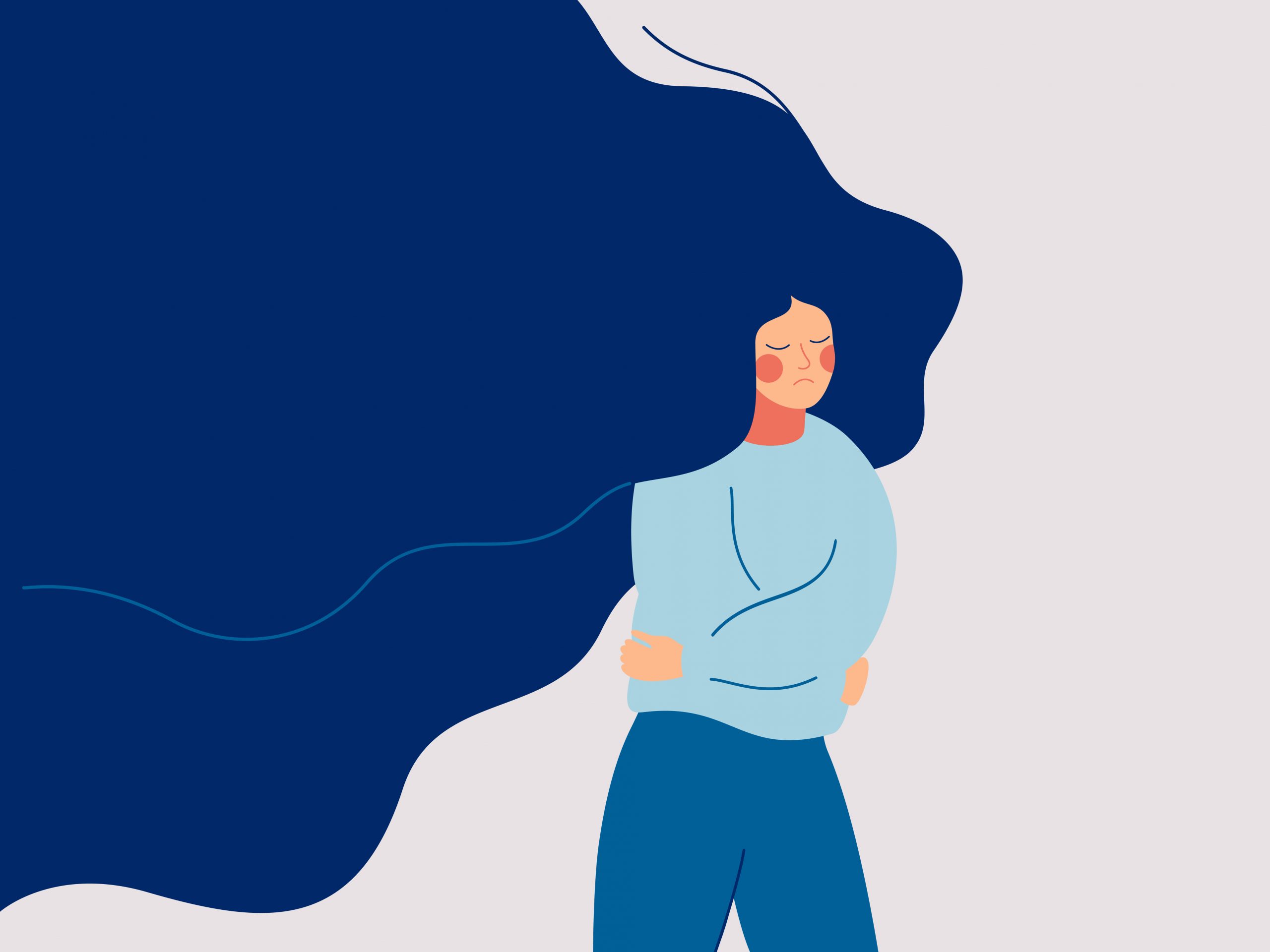The often undetected heath risk affecting women in their 30s
Alongside cervical and breast cancer, stress is a huge problem

A new report has revealed that women in their 30s are facing an serious risk to their health that often goes unnoticed – stress.
While medical concerns such as cervical cancer and breast cancer are also a problem, research from Bupa says that stress is also a big problem.
For many women, our thirties can be incredibly stressful. Pressure at work and financial responsibility are just two of the myriad things happening in this decade.
When we’re stressed we release hormones, including cortisol, which can cause your body to be stuck in ‘fifth gear’; but we’re not designed to be in the fast lane all the time.
It can often go unnoticed, as woman (and men) start to accept the day-to-day pressures of work and family life. But, if it's not managed correctly, stress can cause immune system problems, which could increase our risk of infection. Stress can also be the cause of cardiovascular disease or problems with our digestive system later in life.
So what can women in their 30s do? Decoding the signs and symptoms is a good first step. Then it's about small, gradual changes.
Dr Kim Glass, GP with Bupa Health Clinics advises: ‘It’s not about suddenly making huge changes. Similar to being in our twenties, we should remain mindful of how much alcohol we drink and avoid smoking; but we also need to be aware of potential female health issues and embed a realistic, sustainable exercise routine to protect us from musculoskeletal problems further down the line.’
GoodtoKnow Newsletter
Parenting advice, hot topics, best buys and family finance tips delivered straight to your inbox.
The news comes alongside the revelation that women in their 20s are also suffering with mental health issues.
Dr Kim Glass's tips to combat health problems, including stress, in your 30s
Don’t delay: It goes without saying that women should never miss a cervical screening test. But be vigilant in between tests as well. Any irregular bleeding should be checked. Also get into the habit of checking your breasts every day in the shower and be breast aware.
Take stock: It’s easy to get swept up in everyday life but try and avoid stress by taking stock of life when things start to become overwhelming. Introduce regular exercise so you’re getting some time to de-stress. Exercising also releases endorphins, which makes us feel better.
Warm up, warm down: Make sure you always warm up and down before and after exercise, otherwise the only lasting effects you’ll have is painful joints and other muscle problems.
Exercise regularly. This will help offset the risk of osteoporosis and help your body hold onto muscle mass. It also maintains a woman’s natural range of motion helping to keep flexibility.
Bupa offers health assessments that give the body a full MOT.
The examination will lookat a variety of factors including heart health, fitness, weight, musculoskeletal, blood sugar, liver function and more.